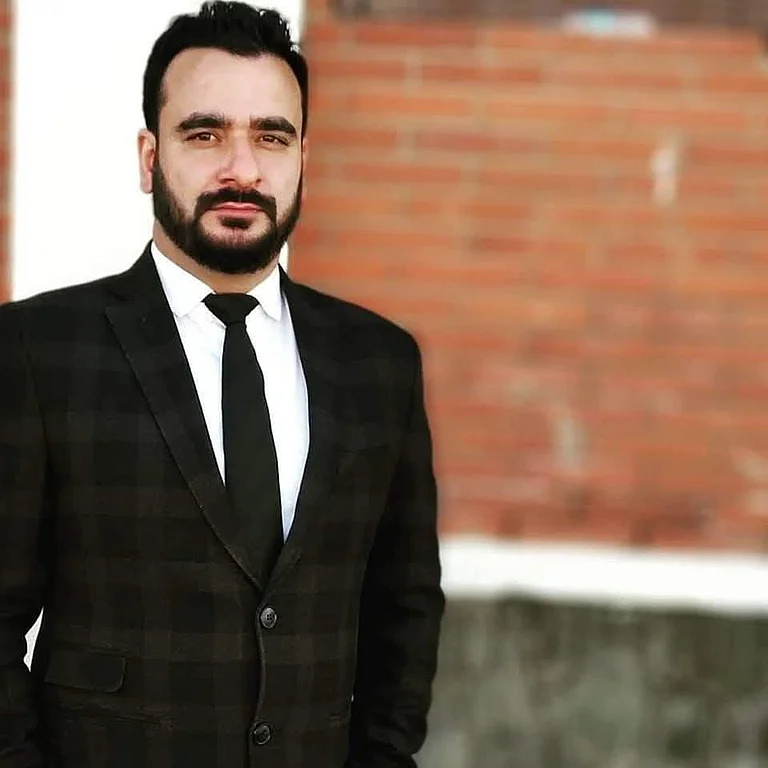A schoolboy from south-west England has made medical history as the first in the world with severe epilepsy to trial a new device fitted in his skull to control seizures.
The neurostimulator, which sends electrical signals deep into his brain, has reduced Oran Knowlson’s daytime seizures by 80 per cent. The surgery was carried out in October as part of a trial at Great Ormond Street Hospital in London when Oran, who is now 13, was 12. The surgery was part of a trial in partnership with University College London, King’s College hospital and the University of Oxford.
His mother, Justine, told the BBC he was happier and had a “much better quality of life”.
“We’ve seen a big improvement, seizures have reduced and are less severe. He’s a lot more chatty, he’s more engaged. He’s turned 13 and I definitely now have a teenager – he’s happy to tell me no. But that adds to his quality of life, when he can express himself better,” she said.
Oran is part of the CADET (Children’s adaptive deep brain stimulation for epilepsy trial) project, external – a series of trials assessing the safety and effectiveness of deep brain stimulation for severe epilepsy.
The Picostim neurotransmitter is made by UK company Amber Therapeutics. It sits under the skull and sends electrical signals deep into the brain, reducing his daytime seizures
The CADET pilot will now recruit three additional patients with Lennox-Gastaut syndrome, with a view to 22 patients being recruited to take part in a full trial.


























